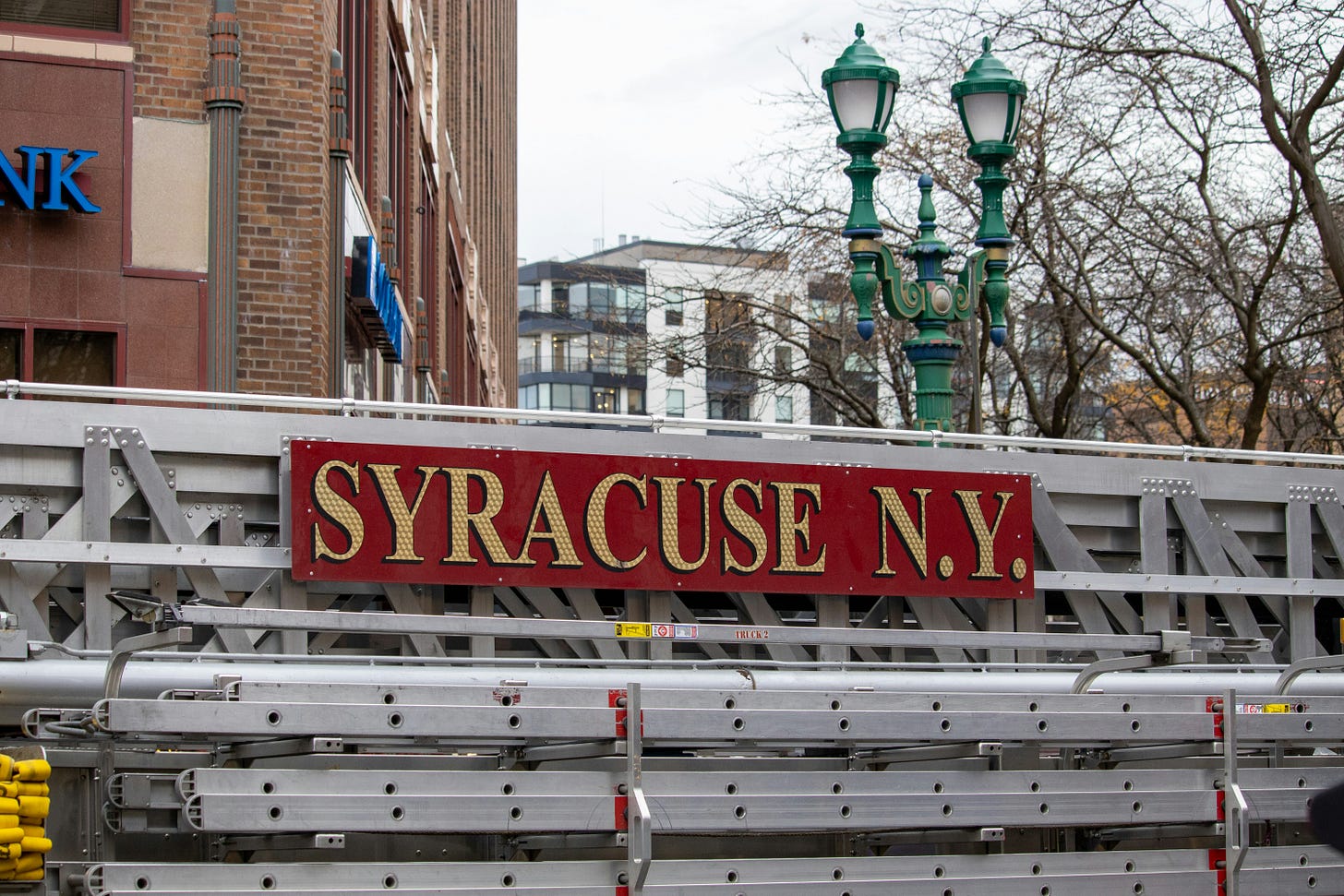Photo by Joshua Hummell on Unsplash
YESTERDAY I WROTE ABOUT the decision of the Syracuse Jewish Community Center—an organization I’ve always admired and respected—to cancel tickets to a showing of the film October 8 for a Jewish friend. (For details, see that post.)
When that friend emailed asking to meet with someone from the JCC, this is the response she got (in part):
“Your registration was cancelled because the JCC, and the sponsoring entities of this program [sic] had a no tolerance policy for disruption and protesting at this event. This was a private event, and we reserve the right to deny entry to any individual(s). . . . The decision to cancel your registration was based on your behavior at a previous event of similar content. This was not the type of event for protesting or disruption, [sic] this event was intended for the public to hear and listen to what the Chancelor [sic] had to say and watch this very informative film. The fact that you stood outside this event protesting, speaks volumes and only solidifies that our assessment and decision to cancel your registration was correct.
While I thank you for reaching out, I do not have any further information to provide you on this topic.”
I was disappointed by both the distinctly hostile tone of this email and by the logical fallacy it contained. This friend didn’t decide to stand outside with signs until after she was denied entrance. So that part of the email makes no sense.
But I was shocked by the organization’s refusal to meet with this friend, who has been an active supporter of this JCC. What are they afraid of?
As individuals, we’ve all shut down, put our fingers in our ears and sung la-la-la, in moments of conflict. When that happens to me, it’s often because somewhere in my heart I’m afraid there’s some truth in that other perspective and I just don’t want to acknowledge it.
This is an understandable response (and often a temporary one) from an individual. It’s less understandable when it comes from an institution, especially one that represents such an important aspect of Jewish identity and community.
If you’re going to show a film like October 8, which has been controversial, you should understand that not everyone will agree with its premise. I would hope that an organization whose website headline reads “Caring for the Entire Community” would understand that and prepare for it—maybe even use it as a teachable moment.
Otherwise, we’re showing our children and young people and the world that the way to handle people who disagree with you is to shut them down, refuse to listen. Which is more or less how we got here in the first place.
It’s not too late to turn this situation around. Maybe the JCC would consider hosting a community forum where people could come together and discuss the movie and responses to it.
Maybe we could actually talk to one another about the hard things. I’d love to see that happen.





Your consistently thoughtful, hate free input is of incredible value here. Thank you for it, even if I may disagree from time to time.
Stay the course. Courage!!
Harriet. Thanks for sharing my story. I am still processing it with a lot of pain and grief. It's hard to believe that children are dying of starvation in Gaza but I am the problem. I go to the JCC to dance twice a week ---- will they decide I shouldn't do that either because I am a "bad Jew"? It hurts so much to feel so estranged from others in the Jewish community.